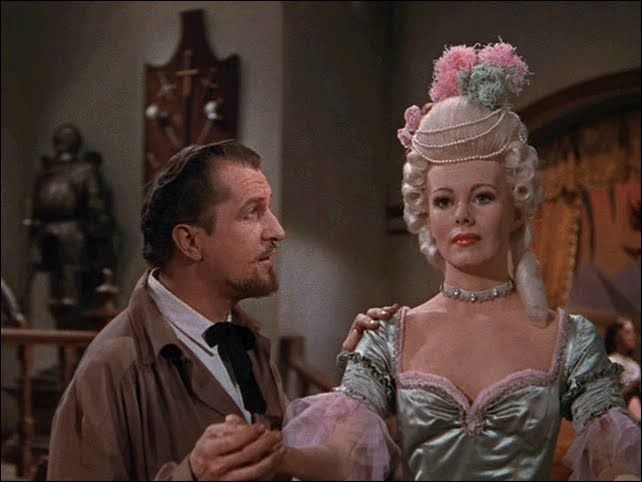
"Victories Greater Than Death" is @charliejane's debut YA novel, and it's *superb* - an exciting, engrossing book that captures everything great about young adult tropes while deftly subverting the problems those tropes present.
us.macmillan.com/books/97812503… 1/
us.macmillan.com/books/97812503… 1/

Tina Mains is not actually a human girl. As her mother has told her, she is the reincarnated clone of a great space adventurer, whose space-navy comrades disguised her as a human girl and hid her on Earth from their evil adversaries. 2/
Now, Tina is in high-school and she senses the coming of day when her beacon will activate, signalling her maturity and summoning her alien comrades to take her to adventure. 3/
She knows that when the beacon activates, she will be immediately beset by the evil foes who murdered her forbear, and has mentally rehearsed her escape plan many times. 4/
Nevertheless, when the fateful night arrives, her friends are swept up in the peril, and she ends up on the space-navy ship in the company of Rachael, her best friend of all.
Right away, the story starts to depart from its expected trajectory. 5/
Right away, the story starts to depart from its expected trajectory. 5/
Yes, Tina is The Chosen One, but so is Rachael? And then Rachael has the idea to fill in the limping space-crew's missing cohort by recruiting four more Earth kids, so maybe they're The Chosen Ones, too? 6/
This is emblematic of Anders' excellent work breathing new life into the standard form for YA space-opera. A friend texted me last night looking for YA recommendations because "the protagonist always saves the world." 7/
In Anders rendition, everything about this statement is made deliciously nuanced - the identity of the protagonist, what "saving" means, and what "the world" is. 8/
All this, without ever losing sight of the reason we love YA and space-opera: majesty and sweep, good and evil, bravery and sacrifice, treachery and danger. 9/
In a single book, Anders gives us a whole franchise's worth of alien races, strange worlds, ancient plots and terrifying weapons, and all of it delivered through the friendships and troubles of a tight-knit group doing their best to save themselves and everything they love. 10/
It's proof of the false dichotomy between excitement and thoughtfulness; between pleasure and sensitivity, and between tradition and novelty. It's just what sf - for adults and teens alike - should be. 11/
ETA - If you'd like an unrolled version of this thread to read or share, here's a link to it on pluralistic.net, my surveillance-free, ad-free, tracker-free blog:
pluralistic.net/2021/11/08/tin…
pluralistic.net/2021/11/08/tin…
• • •
Missing some Tweet in this thread? You can try to
force a refresh



















